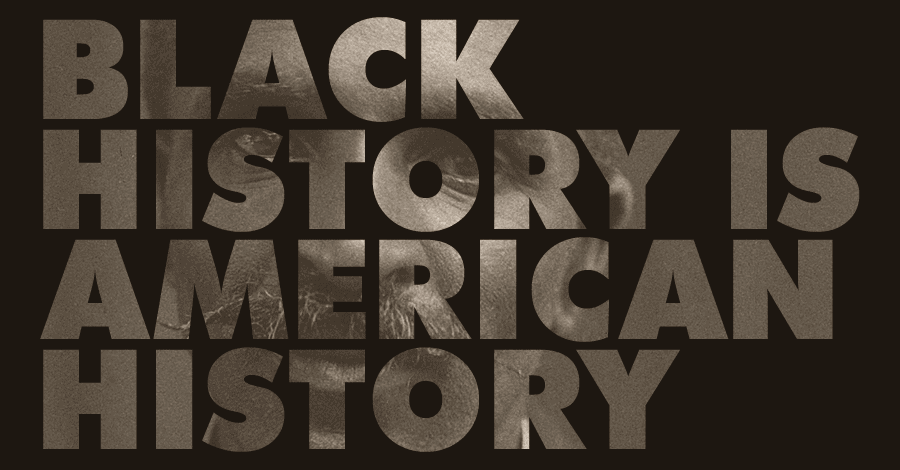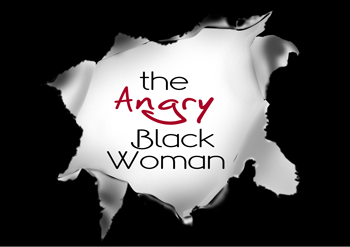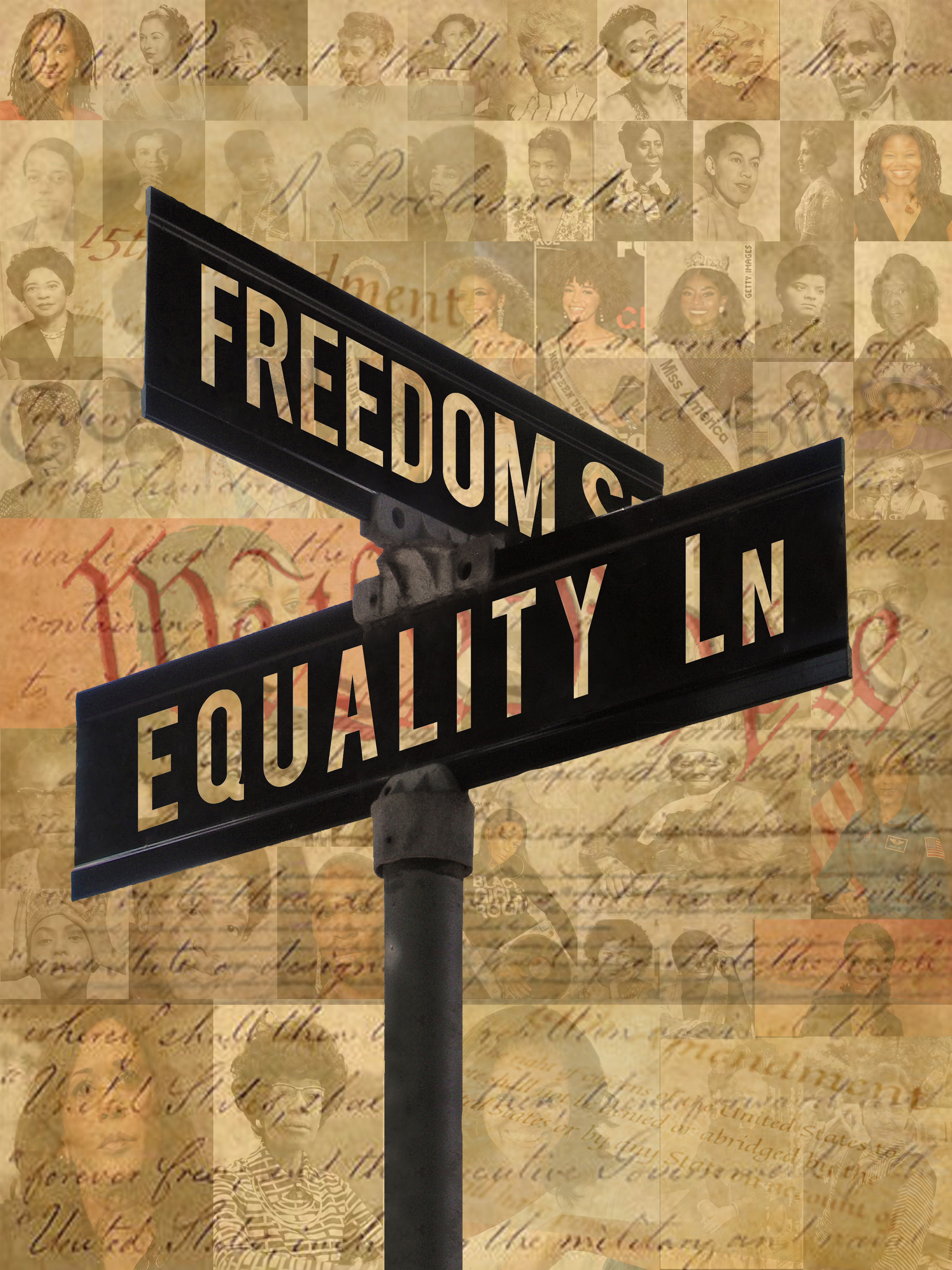we are a story you should know

you can't be what you can't see
Not too long ago, there was a time where there were colored and white bathrooms, water fountains, hotels, nightclubs and restaurants. It was illegal for mixed races to marry and the thought of sending ‘clean, white children’ to school to be educated with Black children brought about protests and vitriol from white people worldwide. Those problems that Black people faced during that time have endured. In fact, many African-Americans face those same obstacles today.
Maybe the American culture is embarrassed about parts of its past and are trying to hide the negatives and the faults. Or maybe our generation separates themselves from the cruelty of our history, choosing to erase the cultural and racial lines that once separated us. Many may say that it is ‘racist’ to limit a certain type of history to a month. I say, “Get over it.”
“We should emphasize not Negro history, but the Negro in history. What we need is not a history of selected races or nations, but the history of the world void of national bias, race hate and religious prejudice.”
These are words from Carter G. Woodson, one of the first African-American scholars to study African-American history. In 1926 he created National Negro Week to pay homage to the Black women and men that helped shape the world as we know it today.
Forty-four years ago, in 1976, the United States (finally) first recognized African American History Month. While we celebrate the history of African-American culture, there are questions as to why we place emphasis on this heritage. Why are Black folks so special that they get an entire (albeit the shortest) month to talk about them? Well, the same can be said about Women’s History Month or National Hispanic Heritage Month. Why do we celebrate a gender or a culture?
Simply, it is to bring awareness to the pioneers who help bring equality to our nation.
Unfortunately, if we look at what we, generally, know about other cultures and the contribution they have made to American, and global, societies, we always, ALWAYS, see that centered on what white people have done. The positives are highlighted whereas the negatives are, mostly, glossed over or omitted all together.
Now, if a professor in a class were to ask their students who W.E.B. Dubois or Dr. Mae Jemison were, many would not know that he was an African-American sociologist or that she was the first female African-American astronaut to travel in space.
While it is good that we place emphasis on races, genders and cultures during special ‘months’, they should always be a part of the American history. Even though most Americans would like to think that we have come a long way from oppression of Black and brown people since the Civil War, the truthful reality tells a very different story. The United Daughters of the Confederacy did a bang up job in white-washing history and doing everything they could to promote white supremacy and diminish the purpose of the Civil War as well as the role that white people played in creating generations of victims, which are still prevalent today, in 2020.
And so it is. Not only Black History American history, but the history of many nations across the world. Black History is global history.
So, instead of studying just the wars and politics, and the few notable figures that played a key role in shaping our world, we should also learn about the myriad of those that sacrificed so much, yet we know so little about. Our history is not just made of Martin Luther King, Jr. or Rosa Parks, there are countless others who have sacrificed to get us, not quite, to the promise land.
However, regardless of our ethnicity, being an American is a culture not a race. Every part of our history, rich with so many different histories, people, and cultures, should be studied and not erased. Even though we have made a step in the right direction as a nation for giving a month of recognition, we still have a long way to go to give full equality.
Welcome to Black History!



